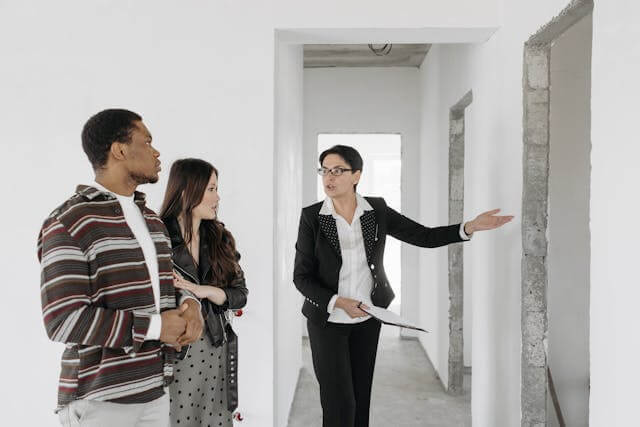As far as side hustles go, becoming a landlord could certainly be a tempting one. After all, as long as you’ve got the funds to buy a property, the rest is easy, isn’t it? You just find tenants to pay you rent (which covers the mortgage and then some profit for you), and that’s it – nothing else to do.
Well, of course, there is plenty more to do, and there’s a lot to consider before you actually become a landlord, whether it’s a part-time gig with one property or a full-time career with a whole portfolio. With that in mind, keep reading to find out what you need to consider before becoming a landlord.
Finding The Right Property
If you want to be a landlord, you’re going to need a property that people want to live in, and although that sounds simple, there’s a lot to think about before you commit to buying something – if you make a mistake at this point, you might never make your money back.
Think about what the target market you’re aiming for want and need in their homes. For example, if you want to attract families, you’ll need properties that are close to good schools, have amenities like parks, pools, and libraries nearby, and that have plenty of bedrooms for everyone. If you want to target single professionals, apartments with space for a home office could be ideal. If you find the right property, it will be much easier to find the right tenants to live in it.
Have A Contingency Fund
Buying a property is expensive no matter how you look at it, but perhaps you’ve inherited a property and you intend to rent that out and be a landlord that way – surely you won’t have to have any money set aside if you do that?
It shouldn’t surprise you to know that you will still need to put money aside, and as a landlord, it’s your responsibility to have a good contingency fund in place. That’s because, as the owner of the property, you need to make repairs and fix problems quickly so your tenants can live happily and in peace, and if you don’t do it, they can leave and you’ll stop getting rent.
Plus, you’ll get a bad reputation, which could make finding a new tenant much harder. So you’ll need money for repairs, but what else? If you’ve got a mortgage to pay or you’re relying on the money you get from your tenants to live on, what happens if the property is empty for a while, or if your tenants just stop paying? You’ll need to have a decent amount of savings in place to live off while you sort things out.
Screen Your Tenants
Don’t just accept the first person who comes along and wants to rent your property from you, even if you are in need of the money – always take the time to screen them properly because that can eliminate a lot of future issues that would be much more expensive than not having a tenant at all ever could be.
Always run in-depth background checks, including credit checks, on your potential tenant, and make sure you follow up on their references – speak to their former landlord, for example, and their employers, to make sure you’ve got the full picture. Only when you’re happy with what you’ve heard should you consider accepting them as your tenant.
